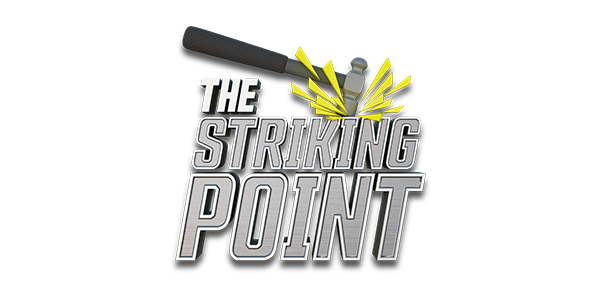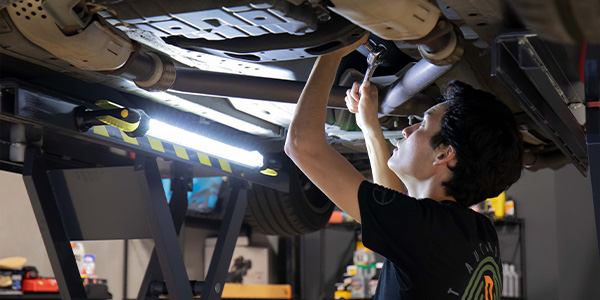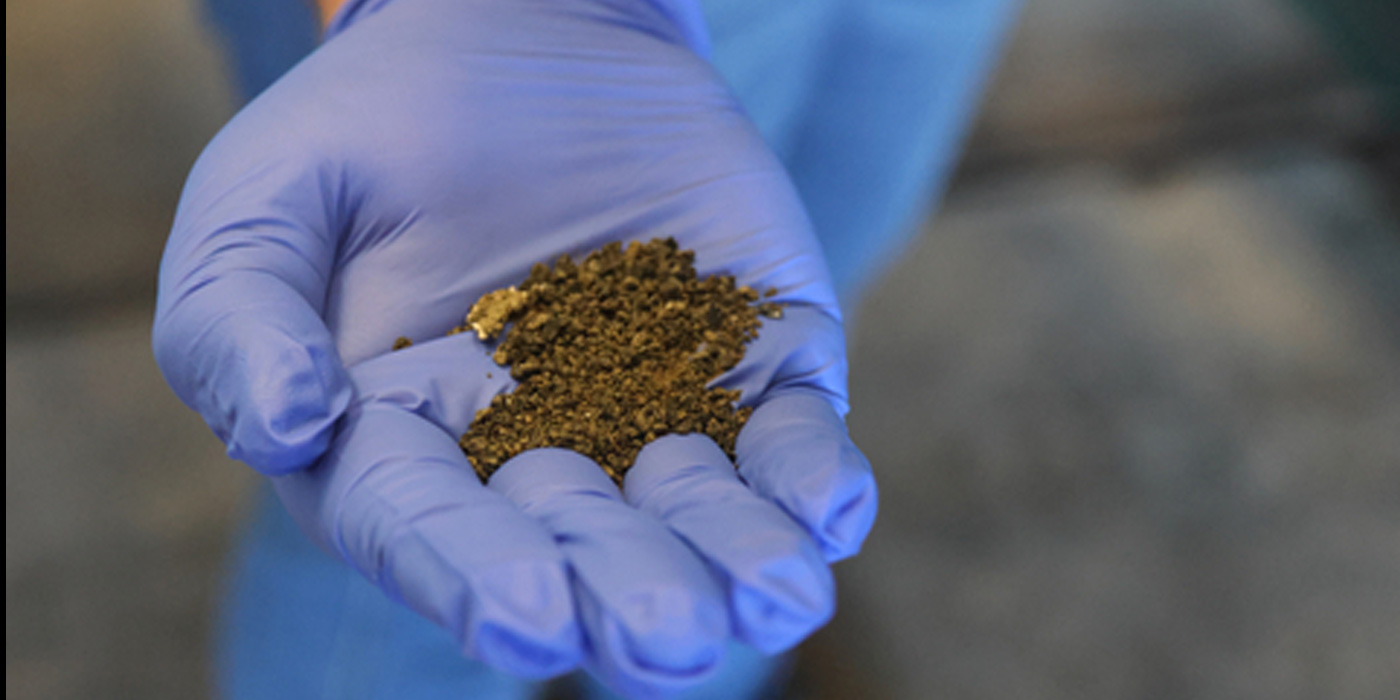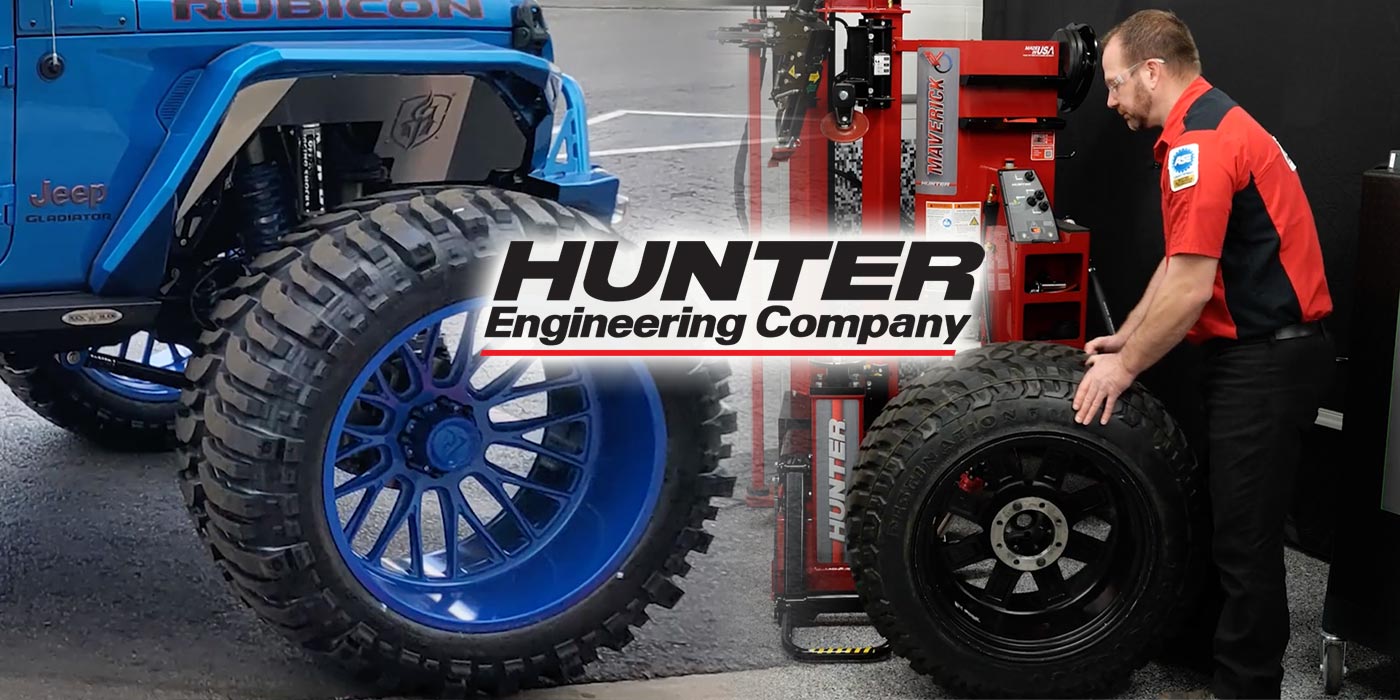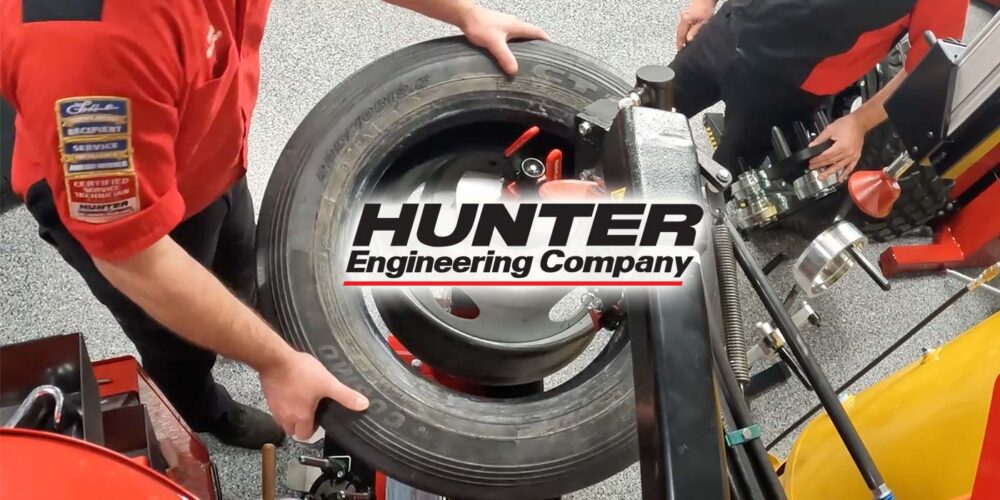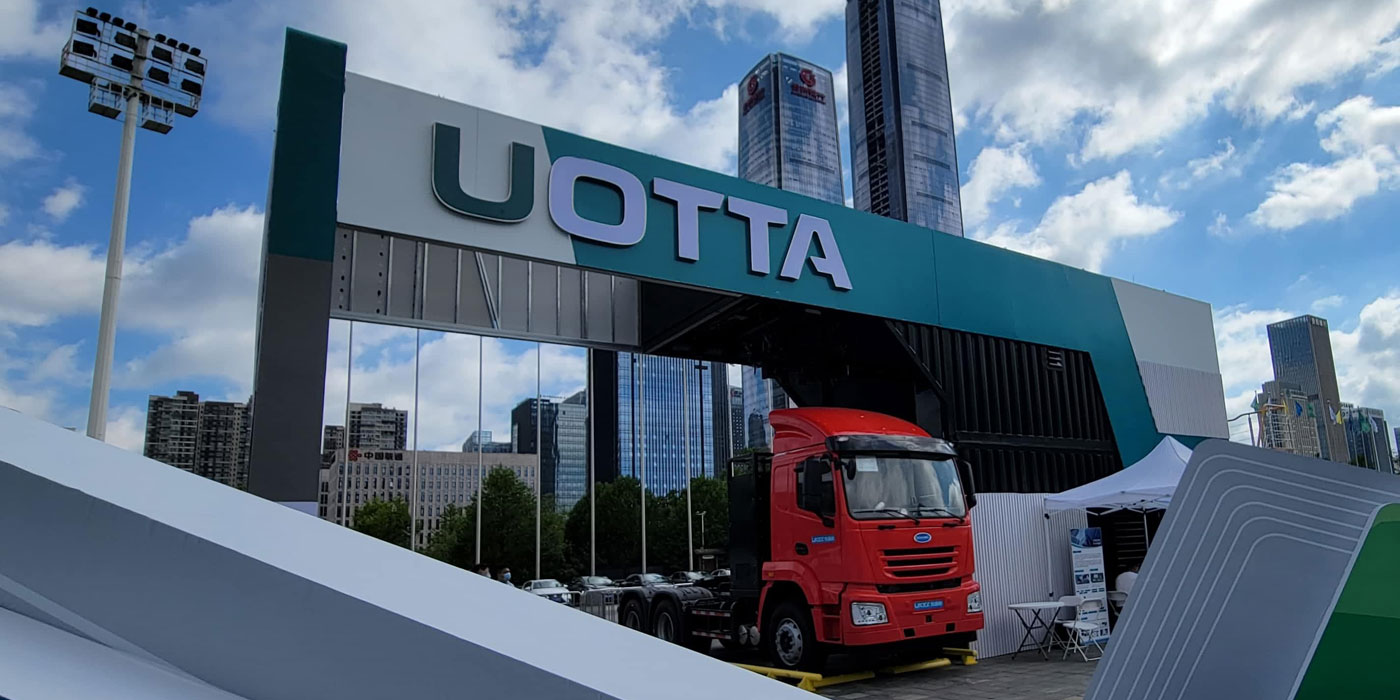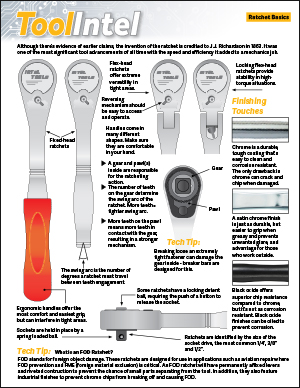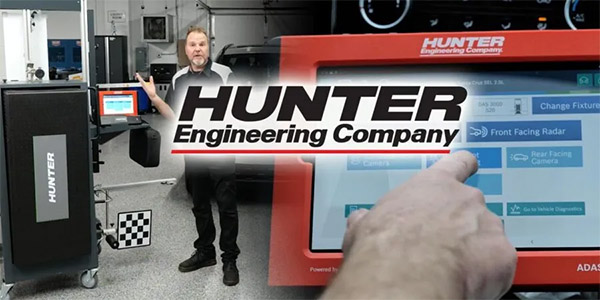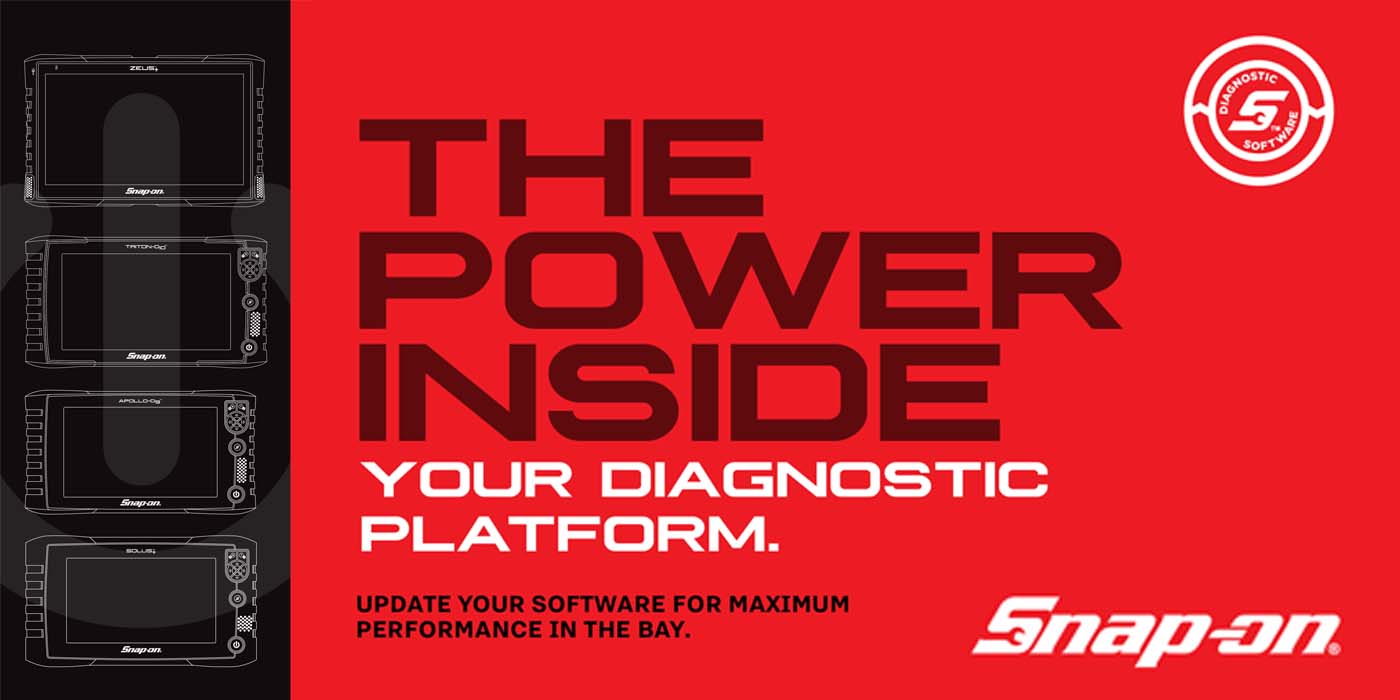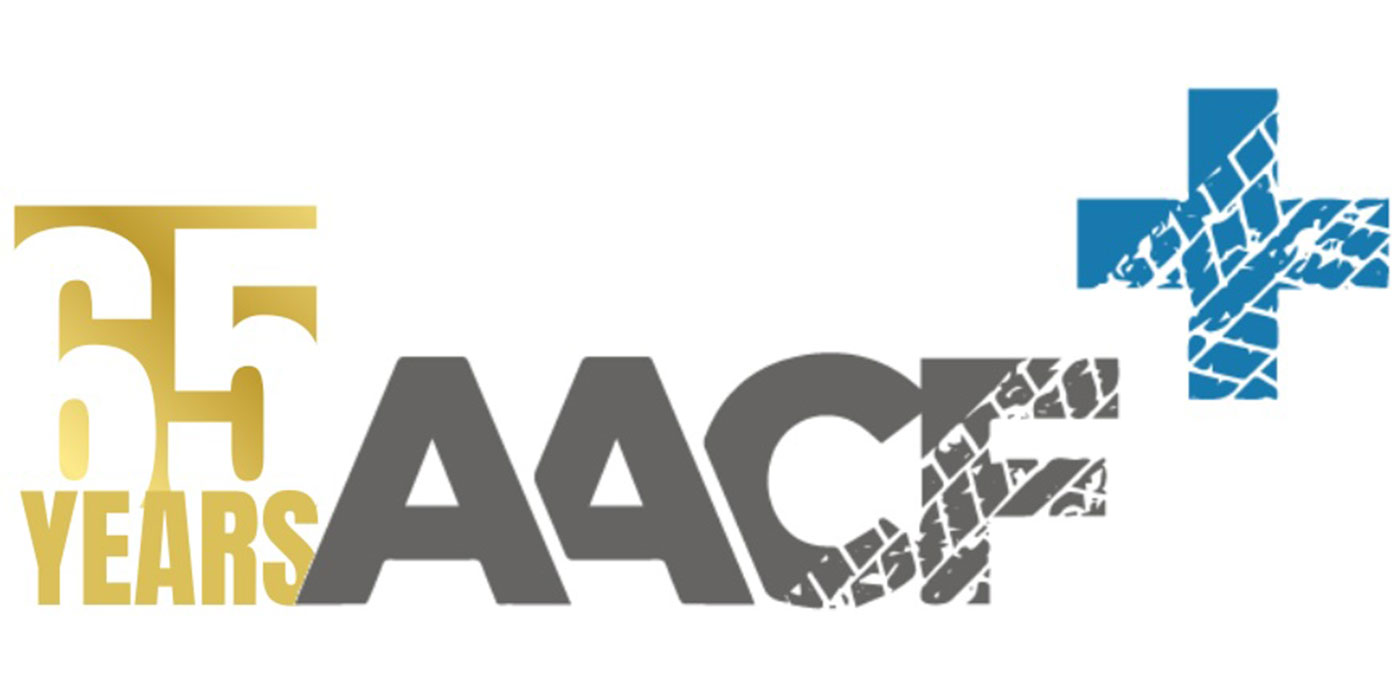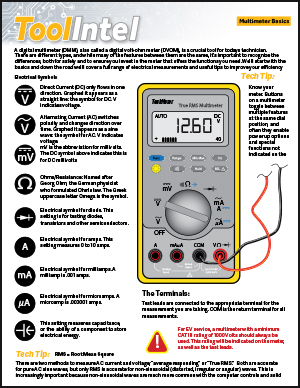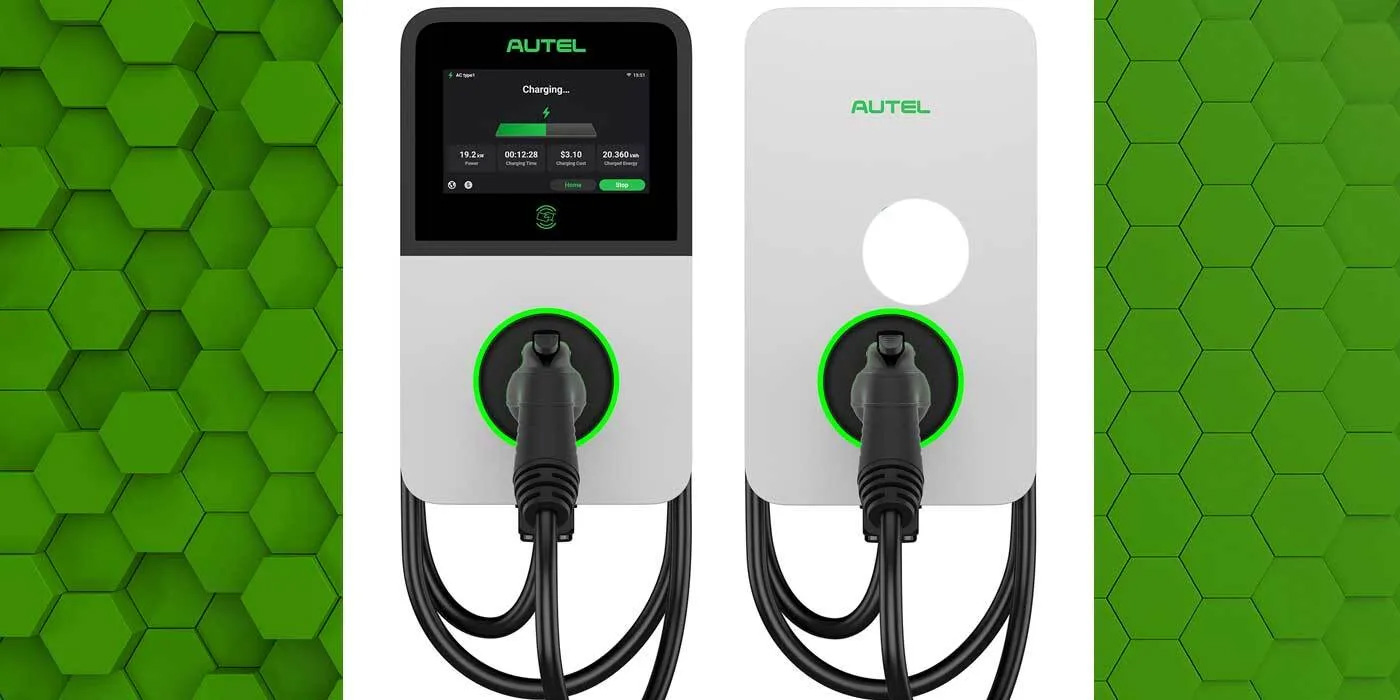All of us in this business understand an SAE 5W-20 oil is thinner in viscosity than an SAE 10W-30 and that the “W” stands for winter, but that’s probably about where it stops even though there is more to the story.
Motor oils thin in viscosity as they warm up in temperature. No real surprise. Pancake syrup also thins in viscosity as you warm it up. Ever try squeezing a bottle of pancake syrup that someone left in the refrigerator?
Since motor oils display different viscosities at different temperatures, the industry measures viscosity at sub-zero temperatures, at 100° C and at 150° C. The sub-zero temperatures are tested, of course, to ensure that the oil in a cold engine can quickly get to where it’s needed. The cold oil must get adequately pulled into the pickup tube and circulated to the most remote passages at the farthest end of its travels before draining back into the sump.
Most multigrade oils contain an additive that helps the oil resist thinning as the oil is heated — called a Viscosity Index Improver (VII for short). This allows the oil to be more consistent in viscosity as the temperature rises.
On a molecular level, the VII additives are typically long chains that could be pictured in your mind as spaghetti noodles. When the VII are cold, they curl up and have minimal effect on the oil’s overall viscosity. But as the VII is heated, the spaghetti unravels in a way that keeps the overall viscosity more consistent.
Viscosity breakdown can occur as the VII additive in the motor oil makes its normal journey throughout the engine. The gears in the oil pump, the valvetrain and other mechanical hardware can literally “cut the spaghetti” into smaller pieces that limit how effectively the oil can maintain its viscosity. A poor VII could end up changing an SAE 5W-30 into an SAE 5W-20, or even an SAE 10W-20 in extreme cases. But there are many types of VII additives for an oil company to choose.
Straight grade oils do not typically contain any VII and hence do suffer from viscosity breakdown. Synthetic multigrade motor oils are naturally more consistent in viscosity and typically have little, if any, VII. Conventional multigrade motor oils typically have VII additives, but the oil company can select a quality VII that resists viscosity breakdown.
Courtesy of Quaker State.
For additional information on products offered by Quaker State, visit www.Qpower.com.

